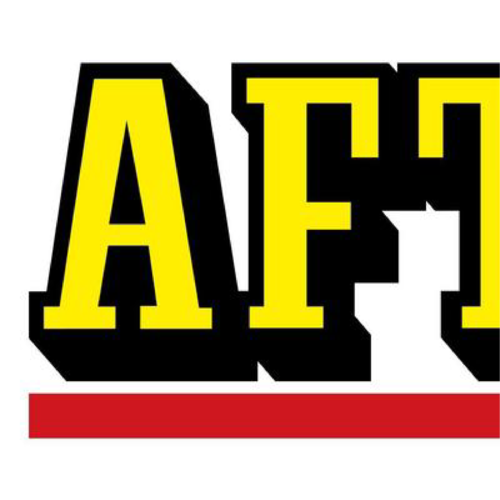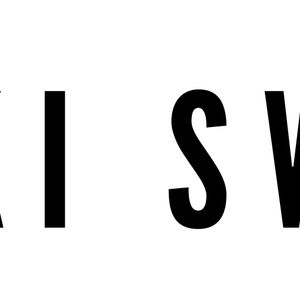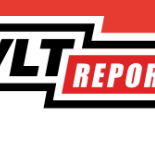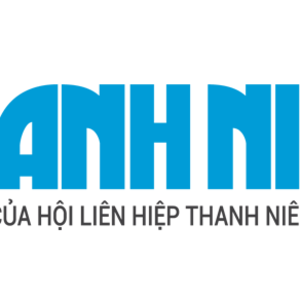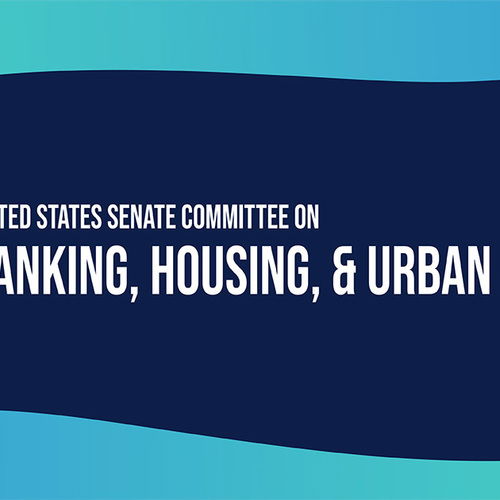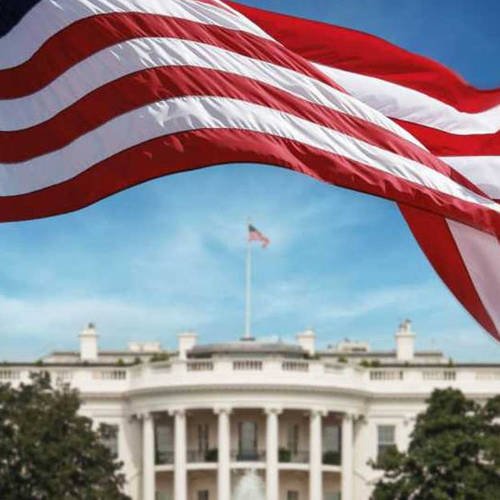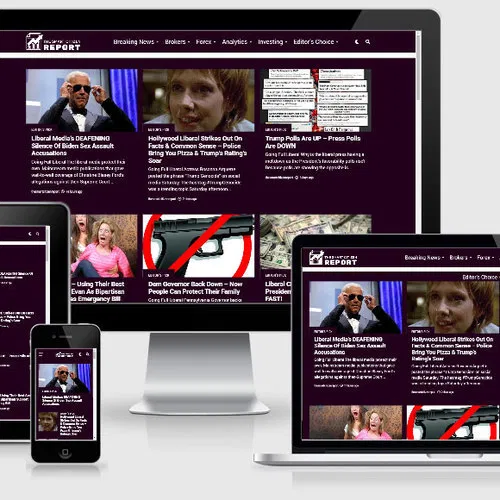- First Lady Melania Trump is backing an online safety bill aiming to enhance protections against the unconsented release of sexual images, including those manufactured through artificial intelligence. The Take It Down Act specifically targets deepfakes and revenge pornography.
- The first lady expressed her support for the bipartisan legislation at a roundtable on Monday, joined by congressional leaders and victims of child sexual abuse material.
- The Take It Down Act reportedly requires tech and social media platforms to remove child sexual abuse material and non-consensual sexual images within 48 hours of being alerted by a victim and outlaws posting such material.
Full Story
First lady Melania Trump is backing an online safety bill aiming to enhance protections against the unconsented release of sexual images, including those manufactured through artificial intelligence.
The Take It Down Act specifically targets deepfakes and revenge pornography.
The first lady expressed her support for the bipartisan legislation at a roundtable on Monday, Mar. 3, joined by congressional leaders and victims of child sexual abuse material.
What did the first lady say?
“I urge Congress to prioritize the passage of the “Take It Down” bill,” Melania Trump said. “This legislation is essential to addressing the growing concerns related to the online safety, protecting individual rights, and promoting a healthier digital environment.”
What would the law do?
The Take It Down Act reportedly requires tech and social media platforms to remove child sexual abuse material and non-consensual images, and it outlaws posting such material.
What penalties would criminals face?
If signed into law, people found guilty under the act would face fines and prison time.
The Federal Trade Commission (FTC) would also be able to sue Big Tech companies for failing to comply with the proposed law.
The U.S. Senate passed the bill unanimously last month, and U.S. House leaders said they’re ready to pass the bill.
House and Energy Chair Brett Guthrie promised to make it a top priority “over the next few weeks.”
Who is sponsoring the legislation?
The bill is sponsored by Republican Sen. Ted Cruz, Texas, and its cosponsors include Democratic Sens. Amy Klobuchar, Minn., and Cory Booker, N.J.
Why is Melania Trump’s support significant?
The move is also the first time Melania Trump has used her platform to push legislation.
In President Donald Trump’s first term, the first lady introduced a “Be Best” campaign that focused on combatting cyberbullying.


